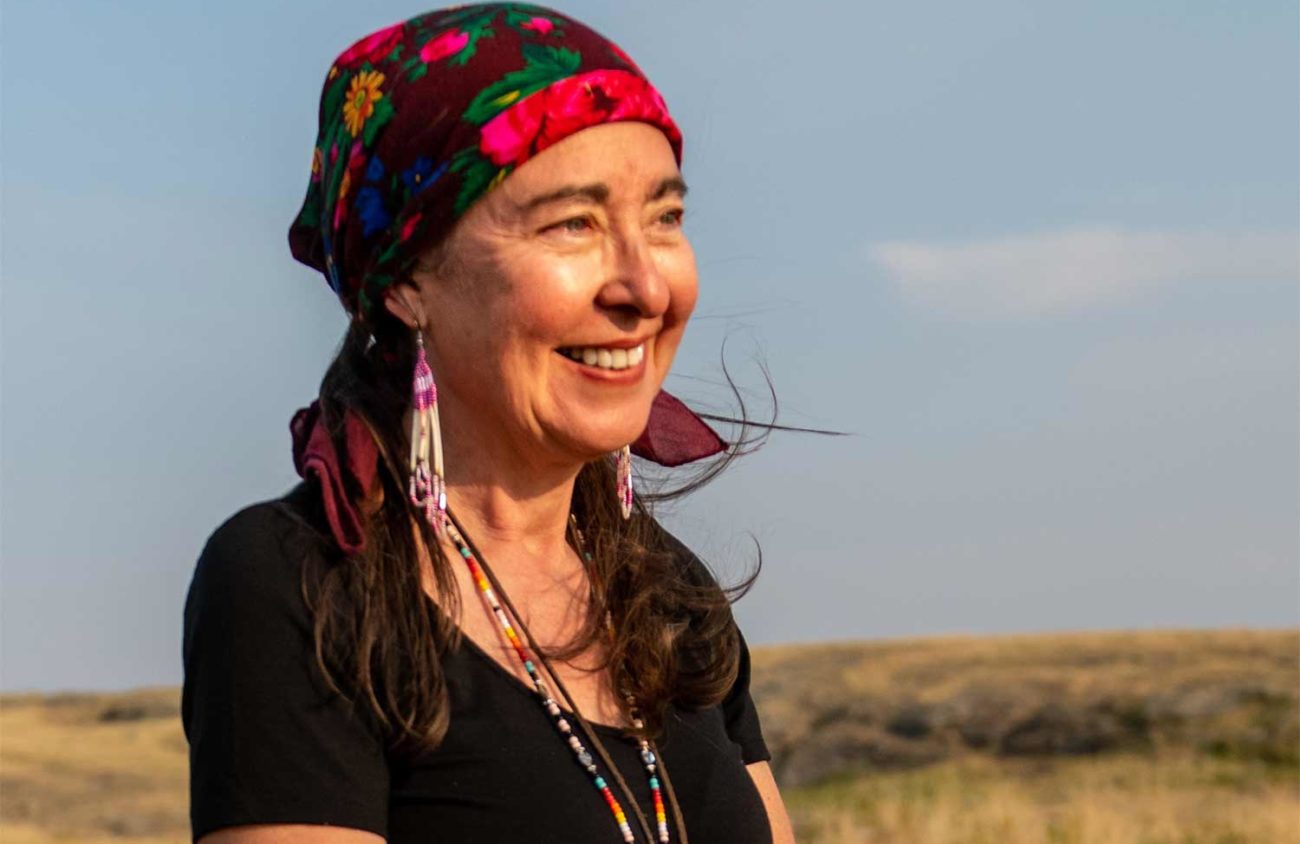With panels on topics ranging from “Getting the Cluck Out: Fighting Foster Farms in the Santiam Basin” to “Making Room for Wild Horses and Burros” and “Thirst Trap: Making Room for Native American Water Rights in the Anthropocene,” for the first time since the start of the COVID-19 pandemic, the Public Interest Environmental Law Conference (PIELC) will be held in person.
The 41st annual PIELC — a gathering of environmentalists, attorneys, students, activists, community members and more — is March 2 to 5 at the University of Oregon law school. PIELC features speakers, workshops, panels, films, celebrations and attendees both local and international.
Keynote speakers include Mary Wood, professor and faculty director at the UO law school’s Environmental and Natural Resources Law Center; Abigail Dillen, president of Earthjustice; Juan Carlos Bravo, conservation program director at Wildlands Network and ecologist Cristina Eisenberg.
On Sunday, Eisenberg will discuss her life’s work finding common ground in Indigenous knowledge and natural resource conservation and management. She is associate dean for inclusive excellence and Maybelle Clark Macdonald director of tribal initiatives in natural resources at Oregon State University’s College of Forestry.
Eisenberg is Latinx and Native American, of mixed Raramuri and Western Apache ancestry. She was also a first-generation student. Before OSU, Eisenberg was a chief scientist at Earthwatch Institute. Social and environmental justice were key themes that she worked with at the international nonprofit organization, she says.
She has written two books, The Wolf’s Tooth: Keystone Predators, Trophic Cascades, and Biodiversity (2011) and The Carnivore Way: Coexisting with and Conserving North America’s Predators (2014).
Eisenberg is known for her research and work with wolves. She says when wolves showed up in her backyard in Montana back in the late ’90s, she knew it was unusual for them to roam in that area. To confirm that they were actually wolves, she took fur from a barbed wire fence to the U.S. Fish and Wildlife Service. Tom Meier, the second in command of the federal recovery program, asked if she wanted to track them, and he encouraged her to go to graduate school and study the wolves.
The Traditional Ecological Knowledge Lab (TEK) that Eisenberg works with at OSU provides a land acknowledgment statement. “To go beyond the land acknowledgment means healing the damage done,” she says. “To heal that damage means decolonizing how we work together, how we manage natural resources, and that involves honoring tribal sovereignty.”
Eisenberg and the TEK lab are contributing to the healing process by providing jobs, “especially [for] tribal youth,” she says. And she works to make sure most of the funds from her grants go directly to the tribal nations that she’s collaborating with.
She serves on the President’s Commission for Indigenous Affairs at OSU creating better relationships with Native Americans and working towards social justice for them through public policy. Eisenberg will discuss this further in her keynote speech.
The nation’s largest and oldest student environmental law society, Land Air Water, organizes this conference each year. Maddie Reese, a UO law student, is one of five co-directors for this year’s event.
“I am interested in public interest and environmental law,” Reese says. “So it’s pretty appropriate that this is the conference that I’m helping organize.”
Because of the pandemic, the last three PIELC gatherings were virtual, and so the directors have never attended the in-person conference. But they have received guidance from alums and from people that have previously attended, she explains.
“We can sense the excitement and anticipation of the community” for it to be back in-person, Reese says.
Reese describes organizing the event as “a labor of love.” With more than 130 panel submissions, the directors had to decide who would present. She says it was tough because “they were all such incredible ideas.”
Guests should expect more than 50 tables in the law school commons for different nonprofit organizations, environmental law firms, advocacy groups, student groups and more to share information. It’s going to be “like a hub of activity” for reconnecting, Reese says.
The theme of this year’s conference is “Reconnecting and Transitioning Together,” recognizing the time apart due to the pandemic and the transition towards a more sustainable future.
PIELC “comes with a lot of history and passion and love,” Reese says. “You can feel that all here.”
The Public Interest Environmental Law Conference runs March 2 to 5 at the University of Oregon School of Law, at 1515 Agate Street. More info at Pielc.org.
